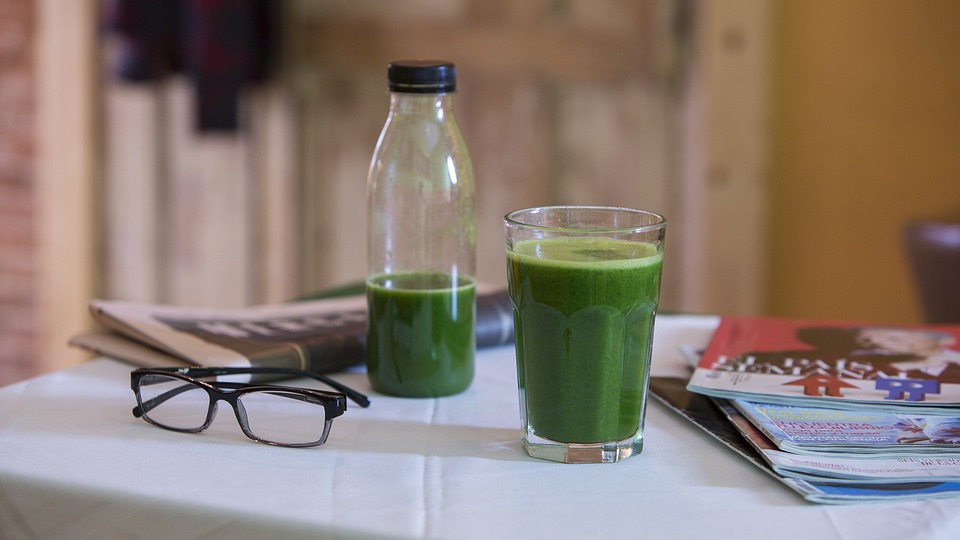Hydration for Skin Health
Hydration Nation: The Importance of Keeping Your Skin Moisturized
Hydration Nation: The Importance of Keeping Your Skin Moisturized
When it comes to skincare, there is no doubt that hydration is key. Adequate moisture not only helps maintain the health and function of our skin, but it also contributes to a more youthful, radiant appearance. In this article, we will explore the importance of keeping your skin moisturized and provide helpful tips for maintaining hydration in your skincare routine.
The Science of Skin Hydration
Your skin is the largest organ in your body, and just like any other organ, it requires proper hydration to function optimally. The outermost layer of your skin, known as the stratum corneum, acts as a barrier that helps prevent water loss and protects against external factors such as environmental pollutants, UV radiation, and microorganisms.
When your skin is adequately moisturized, the stratum corneum remains intact and can effectively carry out its protective functions. However, when your skin lacks moisture, the barrier can become compromised, leading to increased water loss, dryness, and potentially more serious conditions such as eczema and dermatitis.
Benefits of Moisturizing Your Skin
Regularly moisturizing your skin offers a multitude of benefits. Here are some key reasons why keeping your skin hydrated is important:
1. Prevents Dryness and Itching
Hydrated skin is less prone to dryness, flakiness, and itching. Moisturizers work by increasing the water content of your skin, providing relief from discomfort and maintaining a smooth, supple texture.
2. Delays Visible Signs of Aging
Dry skin is more prone to developing fine lines, wrinkles, and sagging. By moisturizing your skin, you can help prevent these signs of aging, as hydration promotes elasticity and plumpness.
3. Boosts Radiance and Glow
Well-hydrated skin has a natural radiance and glow. When your skin is moisturized, light reflects off it more evenly, giving you a youthful, healthy appearance.
4. Enhances Skin’s Natural Function
Proper hydration supports your skin’s natural processes, including DNA repair, collagen production, and cell regeneration. This, in turn, contributes to overall skin health and resilience.
Tips for Keeping Your Skin Moisturized
Now that we understand the importance of maintaining skin hydration, let’s explore some practical tips to incorporate into your skincare routine:
1. Choose the Right Moisturizer
It’s essential to select a moisturizer that suits your skin type and addresses your specific concerns. Look for ingredients such as hyaluronic acid, glycerin, ceramides, or natural oils, as they are known for their hydrating properties.
2. Don’t Skip Sunscreen
UV radiation can dehydrate and damage your skin. Always wear a broad-spectrum sunscreen with an SPF of 30 or higher, even on cloudy days, to protect your skin from harmful UVA and UVB rays.
3. Avoid Hot Showers and Baths
While a hot shower or bath might feel relaxing, hot water can strip your skin of its natural oils, leading to dryness. Opt for lukewarm water instead and keep your bathing time to a minimum.
4. Use a Humidifier
If you live in a dry climate or spend long periods in air-conditioned or heated environments, consider using a humidifier to add moisture to the air and prevent skin dehydration.
5. Stay Hydrated from Within
Remember that external hydration alone might not be sufficient. Ensure you drink an adequate amount of water each day to keep your skin and body hydrated from within.
FAQs
Q: How often should I moisturize my skin?
A: It is generally recommended to moisturize your skin twice a day, in the morning and before bedtime. However, if you have particularly dry skin, you may need to apply moisturizer more frequently.
Q: Can oily skin benefit from moisturizers?
A: Yes, even oily skin requires hydration. Look for lightweight, oil-free moisturizers that are non-comedogenic and won’t clog your pores.
Q: Are natural oils suitable for moisturizing?
A: Natural oils like coconut oil, jojoba oil, or argan oil can be excellent moisturizers. However, each person’s skin is unique, so it’s essential to experiment and find an oil that works best for you.
Q: Can diet affect skin hydration?
A: Absolutely. A balanced diet rich in fruits, vegetables, and healthy fats can contribute to overall skin health and hydration. Additionally, certain vitamins and minerals, such as vitamins A and E, omega-3 fatty acids, and zinc, are known to support skin hydration.
By prioritizing skin hydration and incorporating proper moisturization techniques into your daily routine, you can enhance the health and appearance of your skin. So, join the “Hydration Nation” and let your skin glow with vitality!

